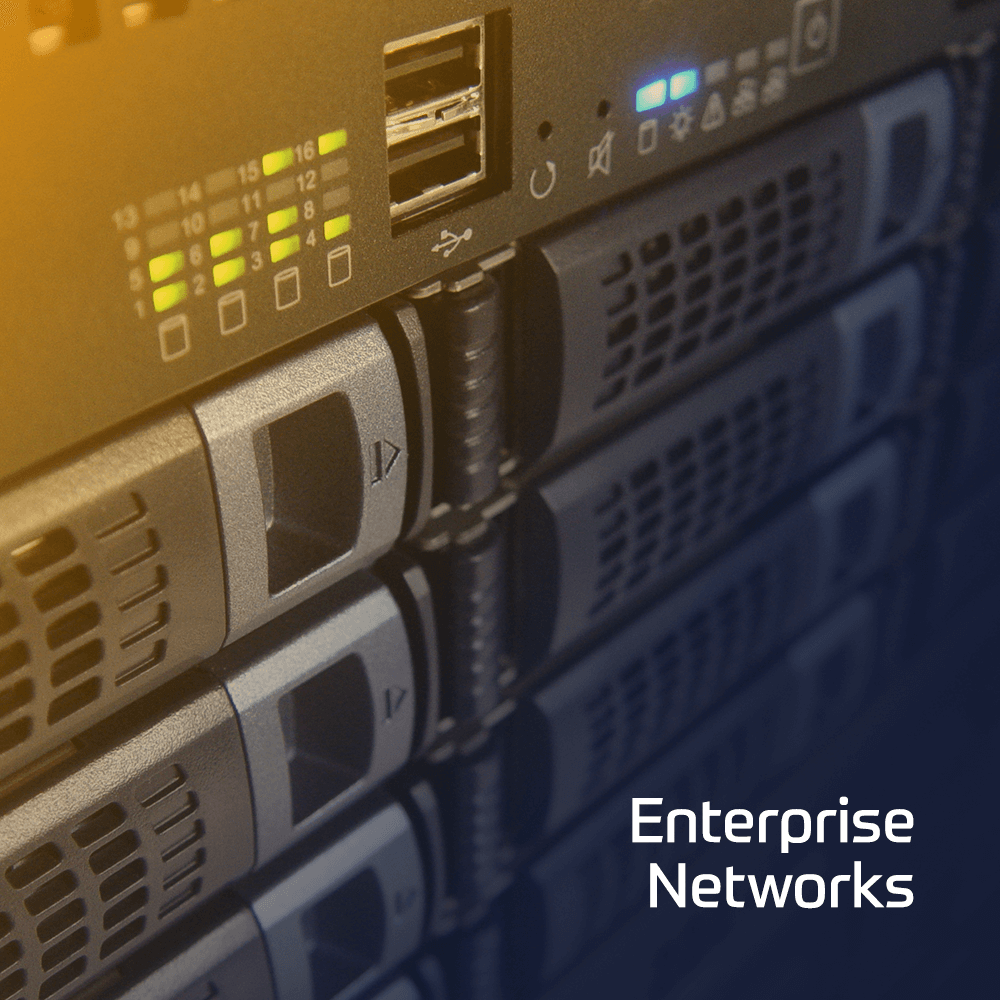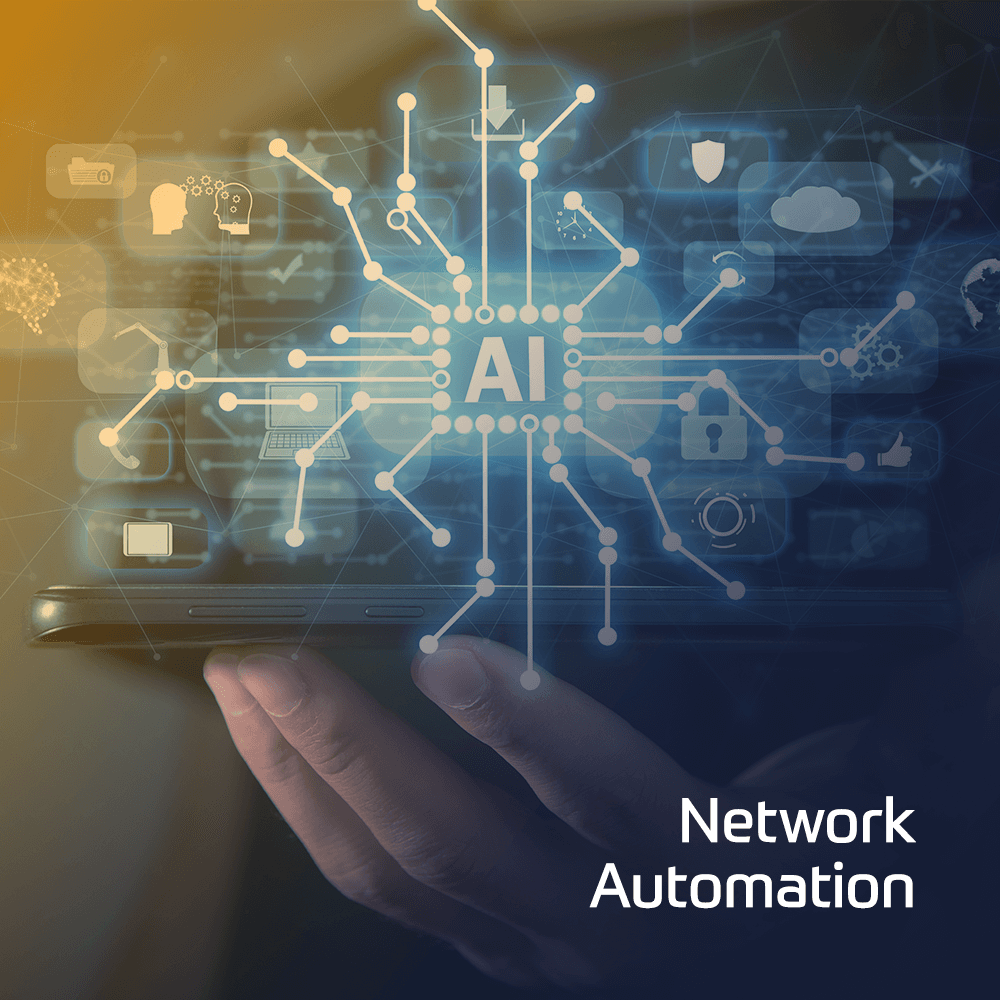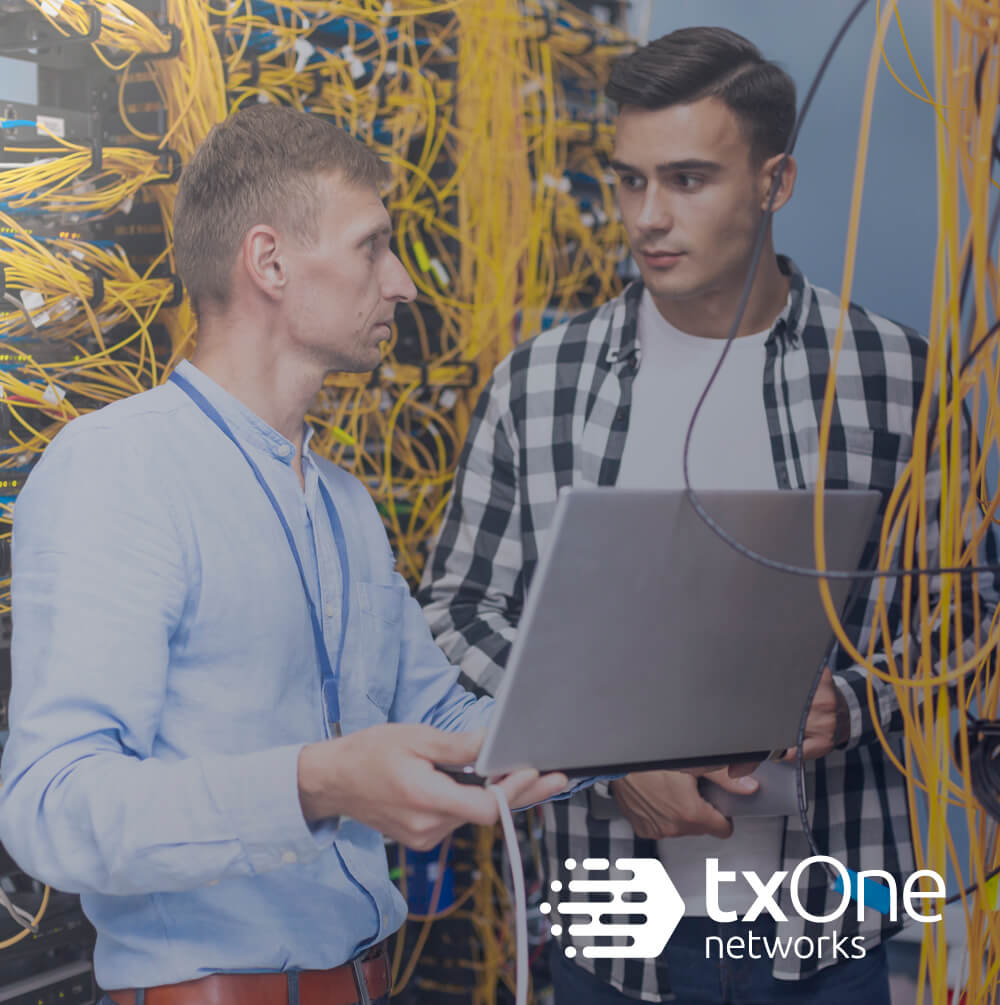This 2-day course introduces network administrators, operators, and DevOps engineers to the foundational and F5-specific technologies required to automate BIG-IP.
Participants will gain exposure to multiple technologies for a variety of use cases and will have hands-on experience that leave them better prepared to automate the onboarding and configuration of BIG-IP.

 Finland
Finland Germany
Germany Denmark
Denmark Sweden
Sweden Italy
Italy Netherlands
Netherlands Norway
Norway 


























 Duration
Duration  Delivery
Delivery  Price
Price